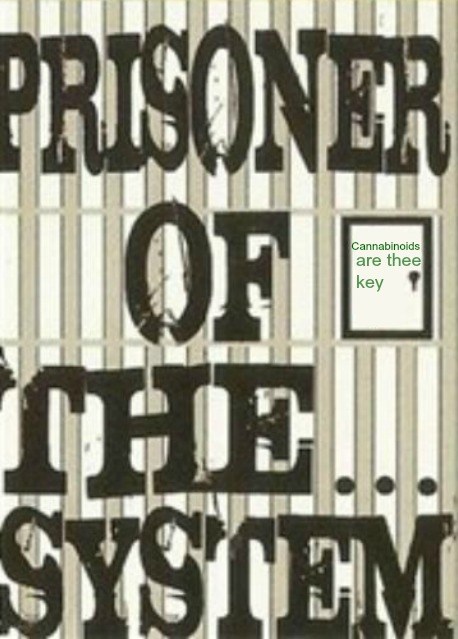Cannabinoid receptor 2-mediated attenuation of CXCR4-tropic HIV infection in primaryCD4+ T cells.
Cannabinoid receptor 2-mediated attenuation of CXCR4-tropic HIV infection in primaryCD4+ T cells.
Source
Department of Infectious Diseases, Department of Medicine, Immunology Institute, Mount Sinai School of Medicine, New York, New York, United States of America.
Abstract
Agents that activate cannabinoid receptor pathways have been tested as treatments for cachexia, nausea or neuropathic pain in HIV-1/AIDS patients. The cannabinoid receptors (CB(1)R and CB(2)R) and the HIV-1 co-receptors, CCR5 and CXCR4, all signal via Gαi-coupled pathways. We hypothesized that drugs targetingcannabinoid receptors modulate chemokine co-receptor function and regulate HIV-1 infectivity. We found that agonism of CB(2)R, but not CB(1)R, reduced infection in primary CD4+ T cells following cell-free and cell-to-cell transmission of CXCR4-tropic virus. As this change in viral permissiveness was most pronounced in unstimulatedT cells, we investigated the effect of CB(2)R agonism on to CXCR4-induced signaling following binding of chemokine or virus to the co-receptor. We found that CB(2)R agonism decreased CXCR4-activation mediated G-protein activity and MAPK phosphorylation. Furthermore, CB(2)R agonism altered the cytoskeletal architecture of resting CD4+ T cells by decreasing F-actin levels. Our findings suggest that CB(2)R activation in CD4+ T cells can inhibit actin reorganization and impair productive infection following cell-free or cell-associated viral acquisition ofCXCR4-tropic HIV-1 in resting cells. Therefore, the clinical use of CB(2)R agonists in the treatment of AIDS symptoms may also exert beneficial adjunctive antiviral effects against CXCR4-tropic viruses in late stages ofHIV-1 infection.
- PMID:
22448282
[PubMed – indexed for MEDLINE] PMCID:
PMC3309010
Free PMC Article
The following toggler user interface control may not be accessible. Tab to the next button to revert the control to an accessible version.







